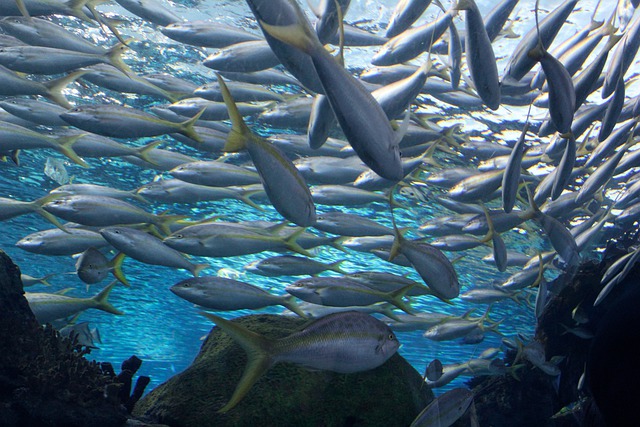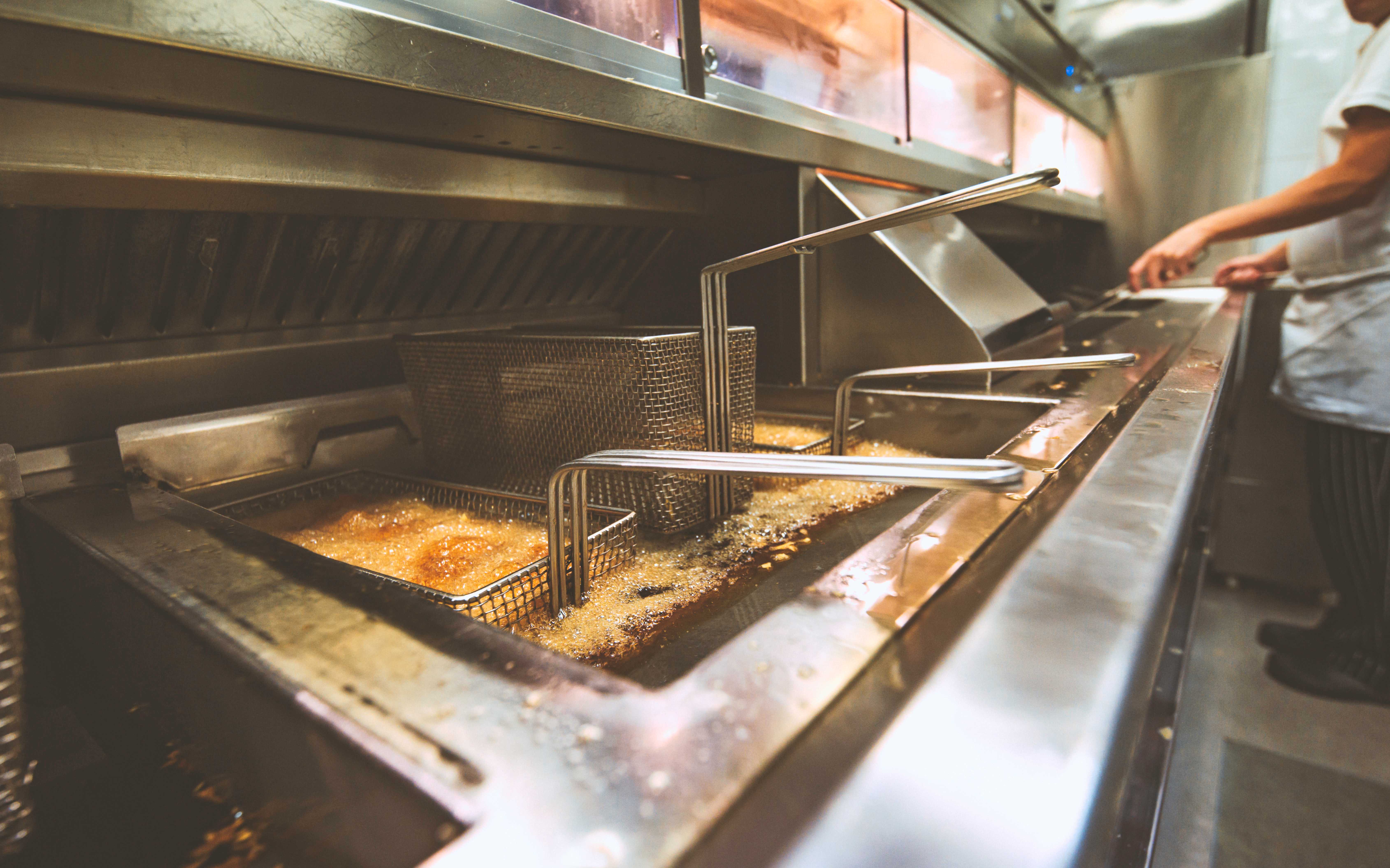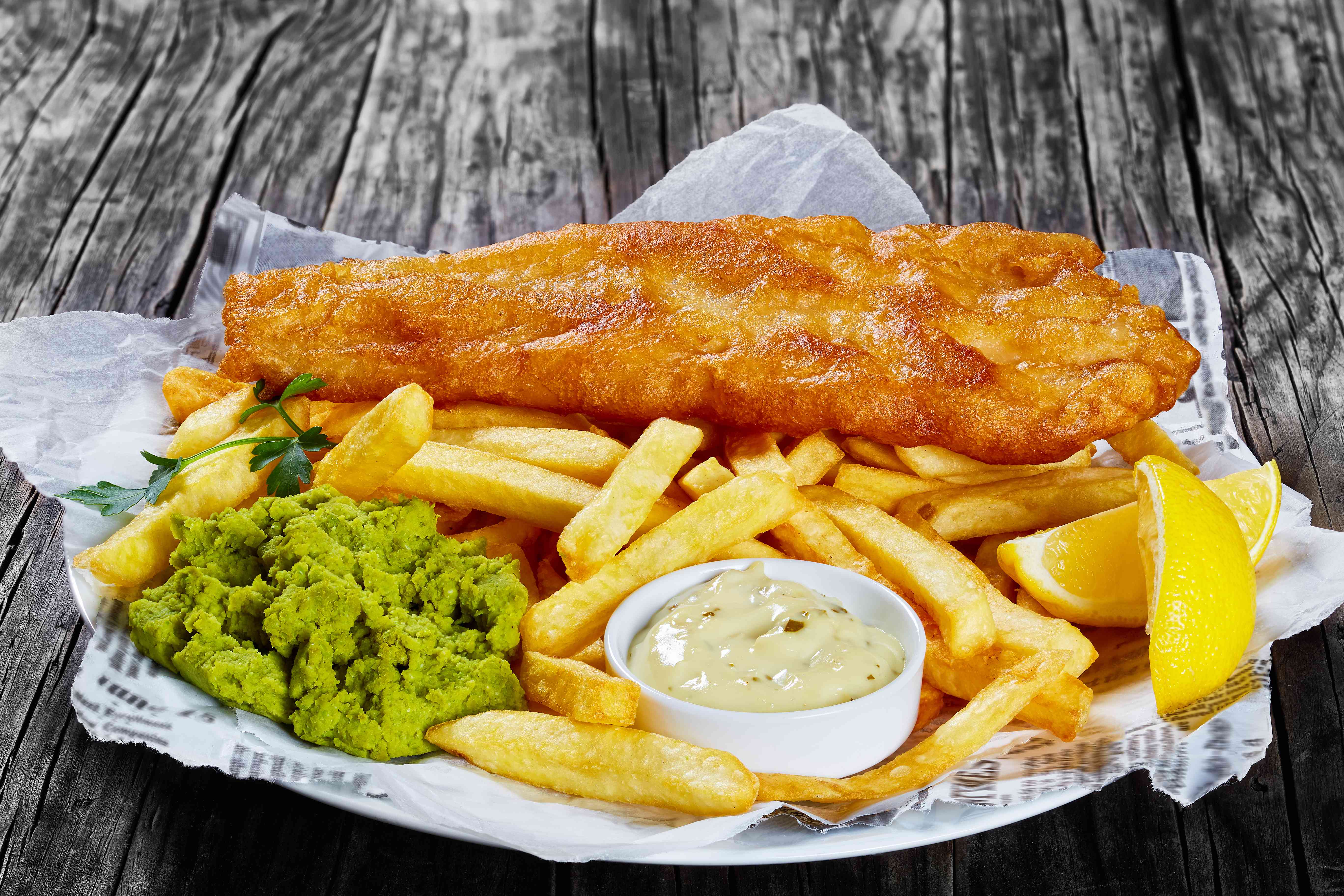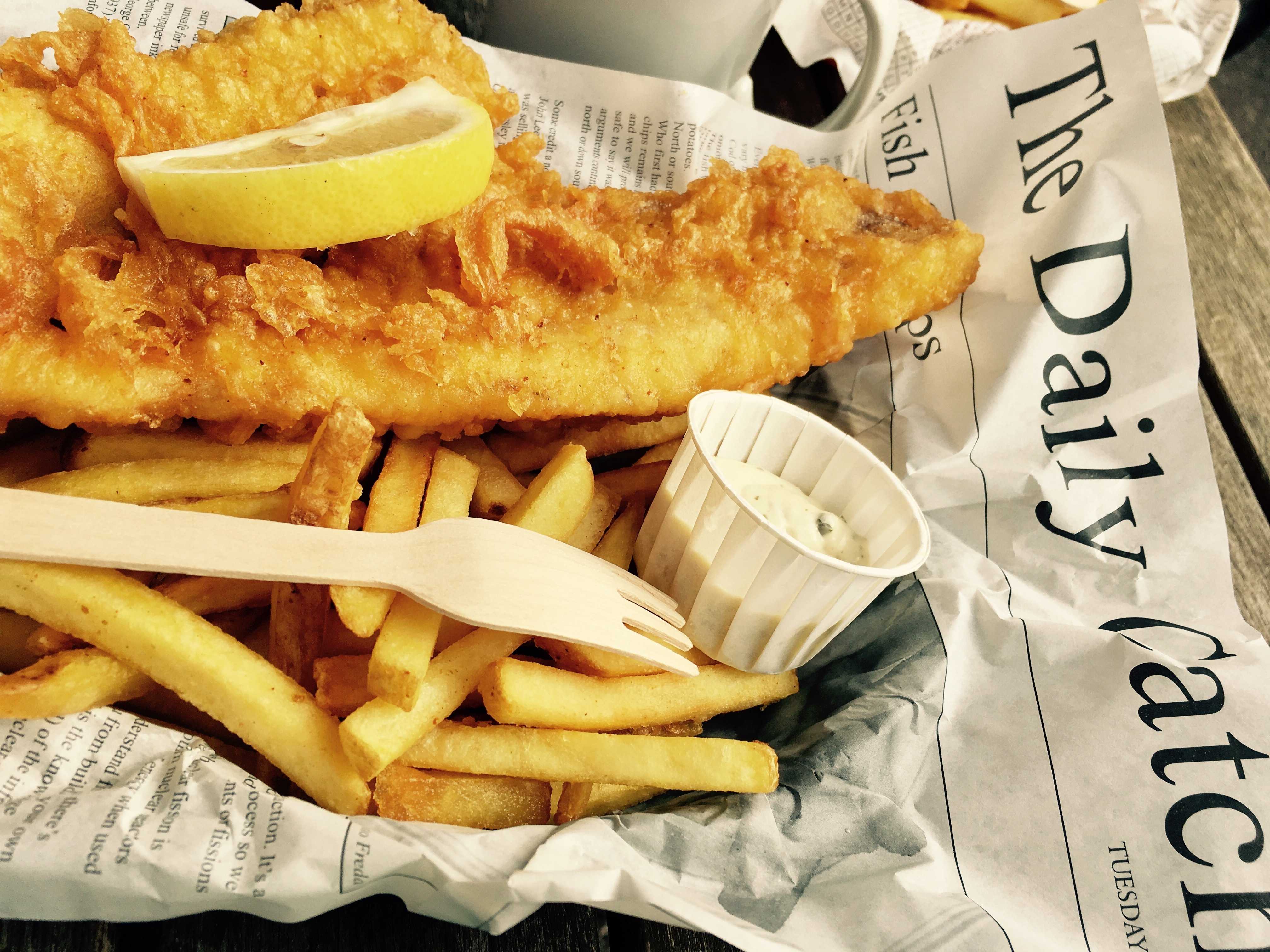Did you know that by 2030 – less than 9 years from today – 62% of all seafood for human consumption will come from aquaculture? This blossoming industry is doing a lot to protect wild fish species, take the pressure off global fish stocks, and make sure you can keep on indulging in your favourite fish and chips! In this article, we’re raising awareness about aquaculture in the UK and why it matters.
What is aquaculture?
Aquaculture is to the fishing industry what agriculture is to the farming industry! Rather than farming vegetables, fruit or livestock, aquaculture specialists farm fish species primarily for human consumption. These fish farms can be inland (farming freshwater fish), at sea, or even on land in tanks.
How does aquaculture work?
Aquacultural methods differ according to what species of fish are being farmed. Ocean fish, for example, have very different needs from species found in rivers and lakes. But there are a few common areas that all farms have:
- Hatcheries – This is where the breeding of fish will take place, where fish will hatch, and where the new fish are carefully supported in their earliest stages of growth.
- Feed mills and farm – After growing in the hatchery, fish are released into lakes, tanks or other bodies of water on the farm. Here, they’ll be fed on food produced by the feed mills and looked after until they reach a good size.
- Processing – Once the fish are ready for harvest, they are processed for restaurants, grocery stores, and your local fish and chip shop.
Why is it important?
Fish farming has become very important as demand for fish products has grown, and we’ve all become more aware of our impact on the environment. Here are some of the benefits of aquaculture:
- Reduce harm from overfishing – Fish stocks in the UK and around the world are under extreme pressure, with only 3 in 10 British fish stocks in a healthy state. Overfished species like cod, herring, and whiting are still in high demand, and the wild stock can’t reproduce fast enough to sustain this. In fact, in the last 20 years, quotas in the EU as a whole have been set at 21% higher than sustainability recommendations. Aquaculture provides a sustainable, viable alternative to wild-caught fish.
- Supply healthy, affordable food – The public demand for fish is also high. Fish is an affordable, tasty and nutrient-rich source of protein and healthy fats, and is a viable alternative to red meats, pork and chicken. Aquaculture helps support society in becoming healthier in everyday life by making fish more accessible and more affordable for everyone.
- Farm the eco-friendly way – Fish farming is very eco-friendly, as it uses less intensive resources than other livestock farming. In fact, seafood is exceptionally resource-efficient, with the highest protein retention compared to beef, pork or chicken. It has a low environmental impact, with feed for seafood being minimal or widely and naturally available within the farmed environment, and even helping to clean up water pollution in the case of farming shellfish.
Advantages & disadvantages of aquaculture
Of course, good aquaculture practices are essential, and it’s important that fish farms commit to best practices for sustainability, environmental impact, and food safety to give consumers the best quality products at a good price. Here are some pros and cons of this industry:
Pros
- Good source of food production for a growing global population
- Makes fish and seafood more accessible and more affordable to all
- Creates a source of sustainable economic growth
- Can be developed anywhere – on land, at sea, or in lakes and rivers
- Helps to reduce, reuse and recycle water and wastage, improving water quality
Cons
- May lead to the introduction of invasive species
- Must be regulated to reduce or manage the impact on coastal and riverine ecosystems
- May impact wild fish population in farm areas by consuming natural resources, blocking natural systems, or pressuring natural food sources
- May impact the environmental systems in farm areas
As you can see, the benefits of aquaculture are impressive, but there does need to be plenty of thought and oversight in terms of making it a safe as possible for consumers and as sustainable as possible for the environment.
If you’re looking for a stable frying oil that will cook your food in minutes, choose Frymax. Our sustainable, premium-grade palm oil is relied on by chippies across the country to serve up high-quality fried foods. If you’d like to learn more, get in contact with Frymax.






